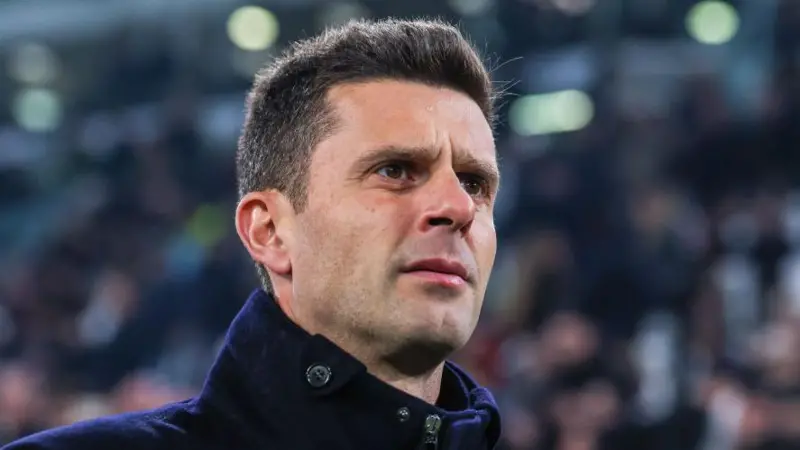Just months after a promising revamp, Juventus finds itself mired in familiar struggles, sparking questions about whether the club’s bold overhaul has truly delivered.
Sporting director Cristiano Giuntoli promised a fresh start this season, ushering in young talent and a new coach, Thiago Motta, to reinvigorate the Old Lady. An aggressive transfer window saw nearly €200m spent on midfield talents like Teun Koopmeiners and Douglas Luiz. Early results were encouraging, with emphatic wins and a stylish, attacking identity emerging.
Yet 15 games into Serie A, Juventus sits sixth, unbeaten but winless in recent weeks. Seven draws in nine games have eroded early optimism. Fans, once hopeful, now jeer, particularly after a laborious 2-2 comeback against Bologna last weekend.
Motta’s vision has faced scrutiny, with critics pointing to inconsistent tactics and questionable decisions. Kenan Yildiz, the promising playmaker, has been deployed out wide, stifling his effectiveness. Striker Dusan Vlahovic has failed to rediscover his Fiorentina form, lamenting a lack of support and defensive burdens in post-match interviews.
Injuries have compounded Juve’s woes, leaving the squad thin and disrupting momentum. With just four outfield substitutes available for a Champions League clash against Aston Villa, Motta has struggled to balance youth development, tactical consistency, and immediate results.
Off the pitch, Giuntoli’s decisions are under fire. The sale of Moise Kean, thriving at Fiorentina, and the acquisition of injury-prone Nico Gonzalez have raised eyebrows. Critics argue the squad lacks depth to sustain a demanding campaign across four competitions.
As Juventus prepares to face Manchester City in the Champions League, the stakes are higher than ever. Another lackluster result could cement fears that Juve 2.0 is no more than a rebranded version of Allegri’s conservative era, with fewer results to show for it.



